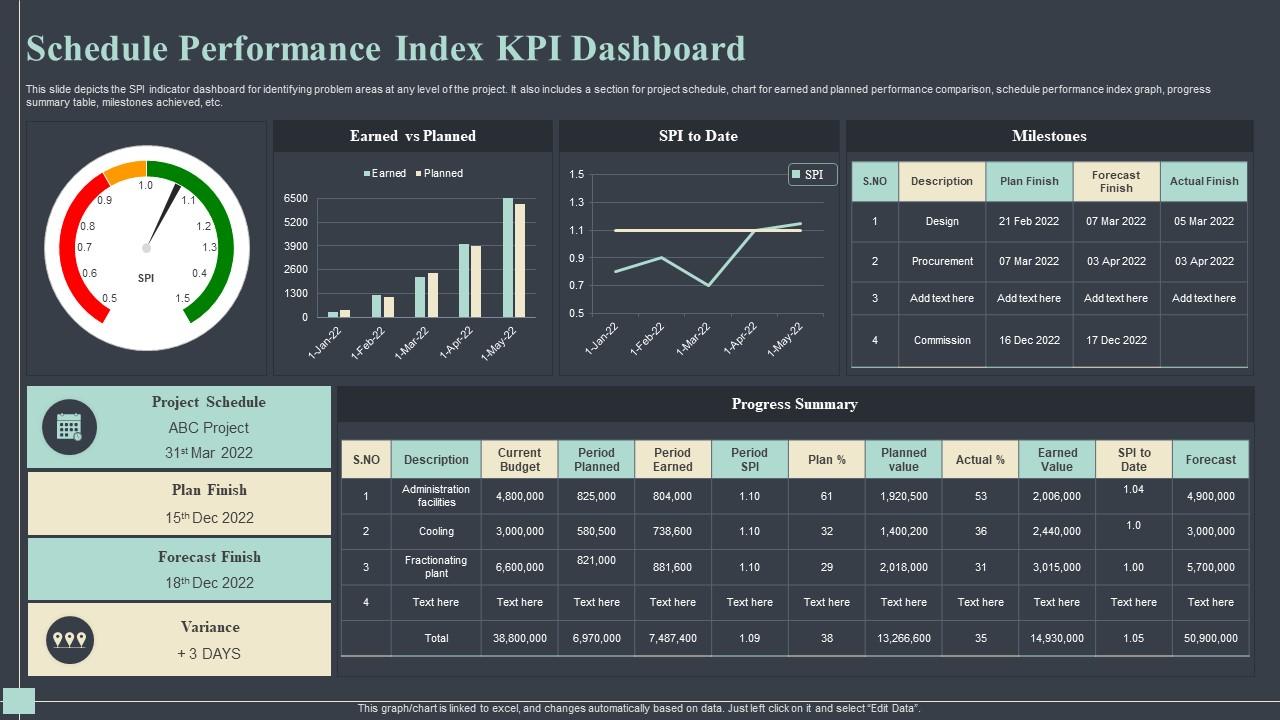 AI startup Galileo recently released its second annual Hallucination Index, which evaluates the performance of 22 leading large language models. The benchmark revealed that open-source language models are rapidly closing the performance gap with proprietary models, potentially reshaping the AI landscape and democratizing advanced AI capabilities. While closed-source models still lead overall, the margin has significantly narrowed in just eight months. This trend could lower barriers to entry for startups and researchers while pressuring established players to innovate more rapidly.
AI startup Galileo recently released its second annual Hallucination Index, which evaluates the performance of 22 leading large language models. The benchmark revealed that open-source language models are rapidly closing the performance gap with proprietary models, potentially reshaping the AI landscape and democratizing advanced AI capabilities. While closed-source models still lead overall, the margin has significantly narrowed in just eight months. This trend could lower barriers to entry for startups and researchers while pressuring established players to innovate more rapidly.
Anthropic’s Claude 3.5 Sonnet topped the index as the best-performing model across all tasks, surpassing offerings from OpenAI that dominated last year’s rankings. This indicates a changing of the guard in the AI arms race, with newer entrants challenging the established leaders. The index also highlighted the importance of cost-effectiveness, with Google’s Gemini 1.5 Flash emerging as the most efficient option, delivering strong results at a fraction of the price of top models. This cost disparity could drive the adoption of more efficient models, even if they don’t top the performance charts.
Alibaba’s Qwen2-72B-Instruct performed best among open-source models, signaling a broader trend of non-U.S. companies making significant strides in AI development and challenging the notion of American dominance in the field. Galileo’s benchmark also introduced a new focus on how models handle different context lengths, reflecting the growing use of AI for tasks like summarizing reports or answering questions about extensive datasets. The index revealed that smaller models can sometimes outperform larger ones, suggesting that efficient design can trump sheer scale.
Galileo’s findings could significantly impact enterprise AI adoption. As open-source models improve and become more cost-effective, companies may deploy powerful AI capabilities without relying on expensive proprietary services. This could lead to more widespread AI integration across industries, boosting productivity and innovation. Galileo aims to become an essential resource for technical decision-makers by providing regular, practical benchmarks to help enterprises navigate the rapidly evolving landscape of language models.
As the AI arms race intensifies and new models are released almost weekly, Galileo plans to update its benchmark quarterly to provide ongoing insight into the shifting balance between open-source and proprietary AI technologies. Looking ahead, Galileo’s CEO, Vikram Chatterji, anticipates further developments in the field, including large models that serve as operating systems for powerful reasoning and the rise of multimodal models and agent-based systems. Businesses will need to stay informed and agile, ready to adapt their strategies as the technology evolves. Galileo’s benchmark serves as a roadmap for navigating the complex and rapidly changing world of artificial intelligence.

